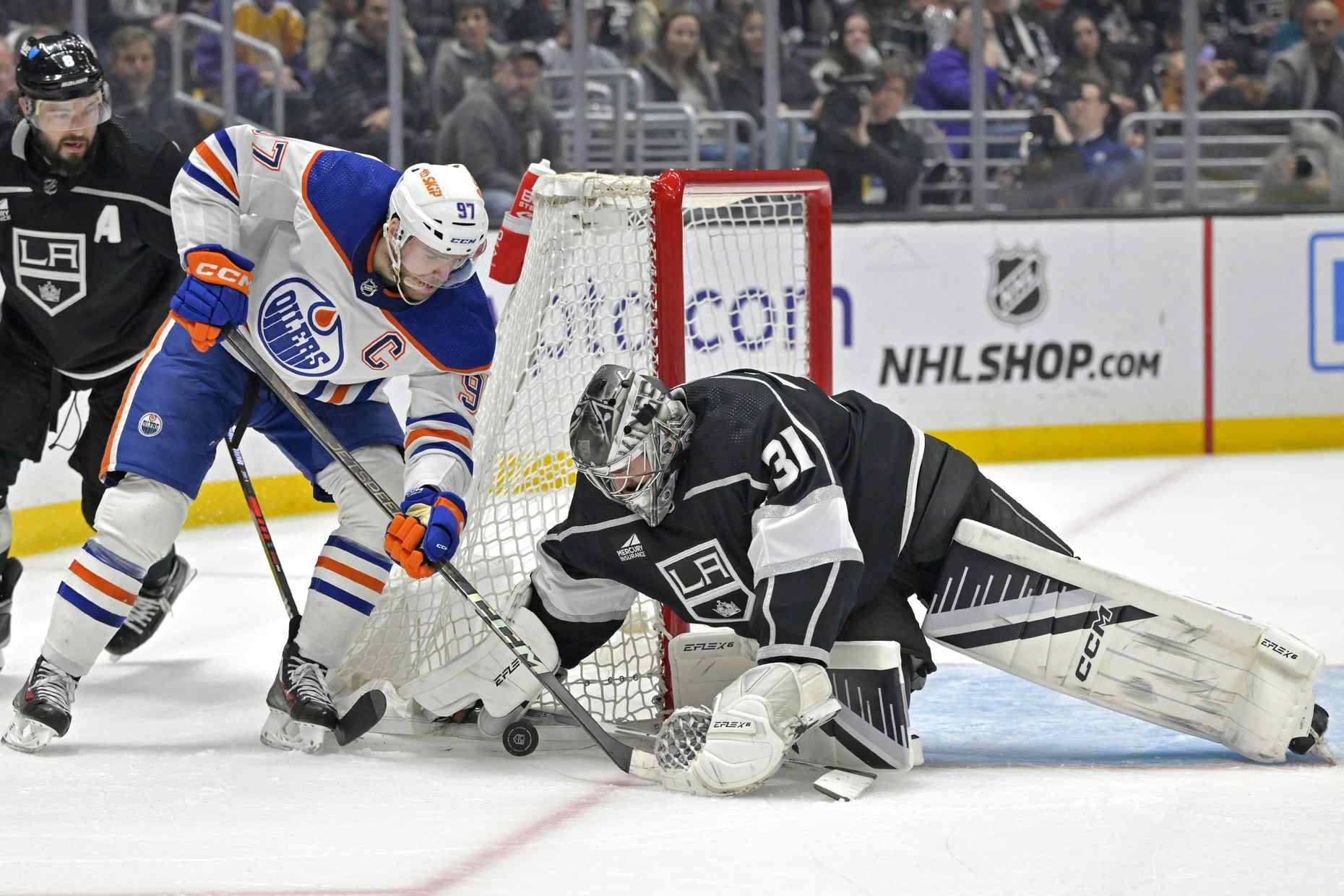The Russian Solution

Every so often, there’s a problem KHL teams face: they need to hire the services of somebody who has agreed to work somewhere else. That person can be a player or a coach, and listening to Dave King explain how he became a coach of a Russian team shows how the league typically handles such problems.
Dave King’s a highly respected coach – he’s presently with the Phoenix Coyotes and has previously worked for the Flames, Canadiens, Blue Jackets, the Canadian National Team and overseas.
In the summer of 2005, King signed on to be head coach of IFK Helsinki in Finland’s top league. Shortly thereafter, a Russian club – Magnitogorsk Metallurg, currently coached by Paul Maurice – found that a deal to add a different North American coach had fallen through. Would King be interested in working for them?
From King’s excellent book, King of Russia:
The IFK were reluctant to make a change; in fact, I wasn’t sure if they’d go for it at all. So when I told [G.M. Gennady] Velichkin of IFK’s position, he called my agent, the two spoke and then Velichkin handed me the phone. Apparently, the Russians were prepared to do what they always do – throw money at the problem. Velichkin offered to pay IFK a generous fee to release me from my contract and asked that I communicate that proposal to [IFK President Harri] Tuomo. That, apparently, made the difference. Harri wasn’t very happy, but he understood that at this stage of my career it was probably a chance that would never come again. He said he didn’t want to hire a reluctant coach, but he also said that they’d be seeking further monetary compensation if possible. Nowadays, everyone in hockey seems to think the Russians have deep pockets.
It’s a story that goes through my mind every time I hear about some contract problem or some transfer problem involving a KHL club.
Ultimately, King was bought out of his contract with Helsinki by Magnitogorsk, and did end up coaching a pretty successful team in Russia. King coached where he wanted to, Magnitogorsk got the coach they wanted, and Helsinki got some money for the trouble of finding a replacement. Everybody won.
Interestingly, though, King points out one of the problems with Russian teams throwing money at their problems. As he says, “everyone in hockey seems to think the Russians have deep pockets.” It’s not difficult to imagine a situation where a team that might otherwise just release a coach or player might fight with its Russian counterpart in the hopes of landing a cash reward.
And on that note, why isn’t Nail Yakupov playing in the KHL? Supposedly because the Sarnia Sting are demanding a payment in exchange for releasing his rights.
Recently by Jonathan Willis
- What Magnus Paajarvi needs to do more frequently
- Ten points: Yakupov, Musil and relocation
- Lennart Petrell signs in Europe; Smid on his way
- Ten points: Mandel, Jones, and Burke’s hilarity
- IIHF responds to reports of delay in the transfer of Nail Yakupov to the KHL
- Anton Lander and the value of a good first impression
Recent articles from Jonathan Willis





